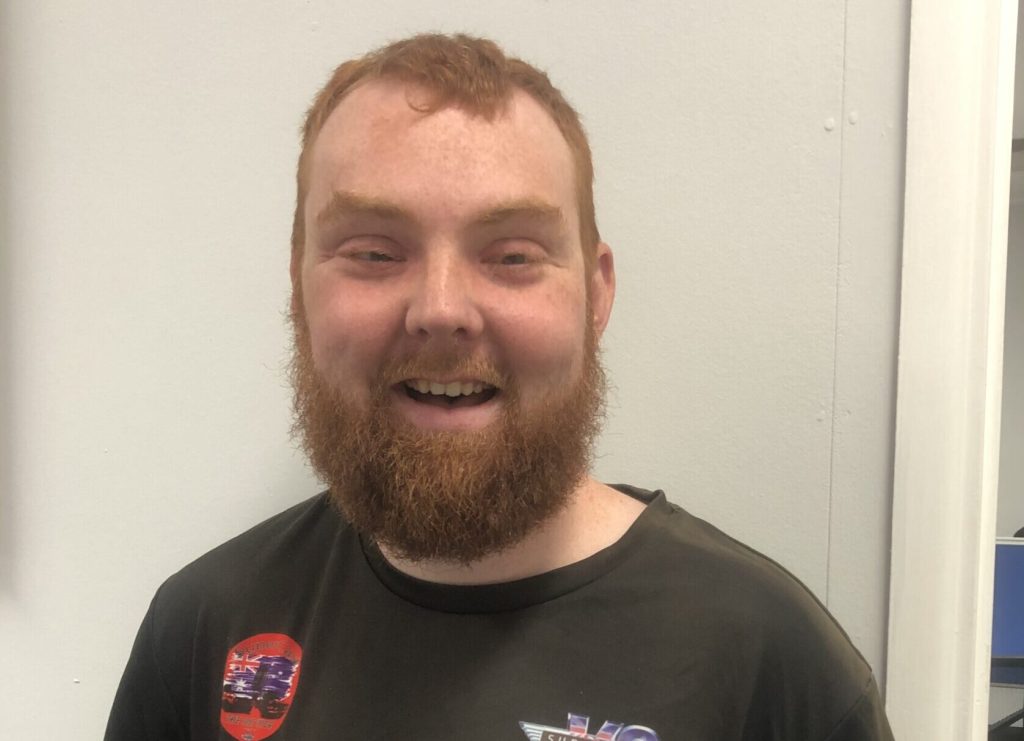
The last 6 months has been a rollercoaster, but I’d do it all again in a heartbeat
The last 6 months has been a rollercoaster, but I’d do it all again in a heartbeat
Hi, my name is Jake and I’m a parcel sorter at Australia Post. I’ve been here since September last year and have been with CoAct and Interact for a couple of years.

How has your health condition, including your mental health, impacted on your ability to work?
Being a parcel sorter during this lockdown has been incredibly taxing for everyone, but it’s been magnified because of my low muscle tone. I have Kabuki Syndrome which means I’ve got to work much harder to get the same results as an able–bodied person and get tired easily.
Can you share some of your job and career goals, and why being employed is important to you?
My goals right now are just to work hard at my job, put a fair bit of cash aside and start getting more confident presenting to crowds. In the future, I’d love to go to primary schools and talk about living with disabilities.
How has your health condition, including your mental health, impacted on your ability to work?
Because of my physical issues, mixed with a ton of self–doubt and mild depression from a heavy workload, the last 6 months has been a rollercoaster. There have been a ton of ups and downs but, in reality, I’d do it all again in a heartbeat.
One of the huge factors in keeping a small grin on my face is the colleagues I get to work with night in, night out. They’re more than happy to help me with anything, but they don’t wrap me in cotton wool and molly coddle me. They have their own work to get through.
Since you’ve started working with Australia Post, have you felt a noticeable change in understanding of disability and mental health in your workplace?
Since I’ve started here, I’ve noticed a massive difference in how mental and physical health issues have been looked at by management and my fellow floor workers. Mainly because we’re all struggling with the increased workload, we all try to look out for each other and help out whenever and however we can. We’re all running on empty with hardly any of us taking any time off since April.
What would you say to someone who’s living with a challenging health condition and struggling to work?
If you’re struggling with any mental health problems at work or at home, don’t feel down. The last few months have been difficult for everyone. Something that makes it a little easier is surrounding yourself with people who will have your back and listen to you no matter what.
Paint a picture of your ideal boss.
The ideal boss, to me, is someone who takes a couple of weeks just blending in so they can see the strengths and weaknesses of their workers. Then they give their all to put people where they suit best so people’s chinks don’t show up each day.
It’s also someone who can lead by example and give direction when needed. And someone who isn’t afraid to get their hands dirty when it comes to crunch time. A good boss also appreciates the hard work that’s put in and can crack a joke here and there when it gets a bit quiet.
What do you think businesses and support organisations can do to better help individuals?
That’s easy – give opportunities for people like me to prove themselves. Train us slowly but properly and we’ll reward you.
Why do you want to share your story?
To prove to people that are in a similar situation, getting looked over again and again, that they’ll eventually be rewarded if they keep pouring their heart and soul into something.
If you’re living with a disability or mental health condition and looking for work, we can help. Register for our DES program today.
Post categories
- Employers (20)
- Job seeker tips (172)
- News (56)
- Real stories (144)
- Referral partners (1)







